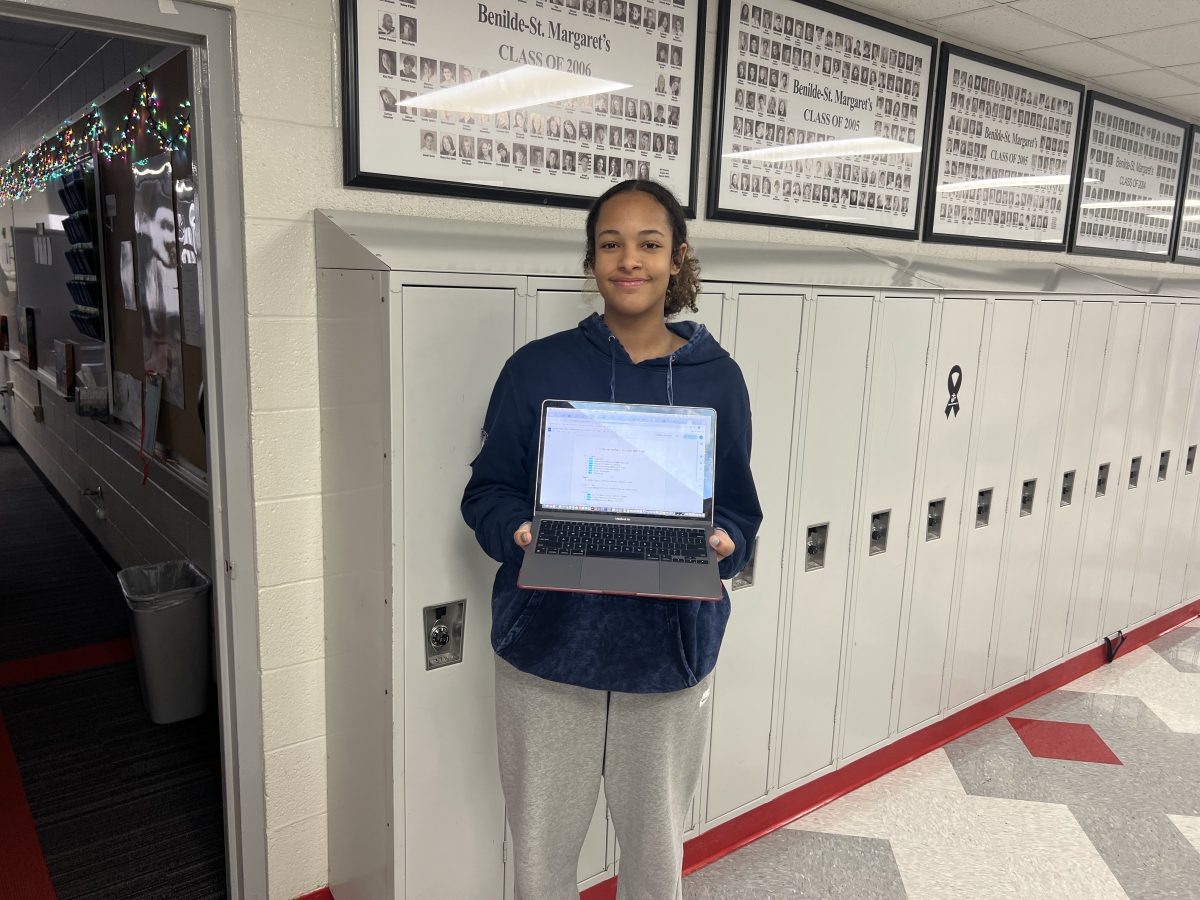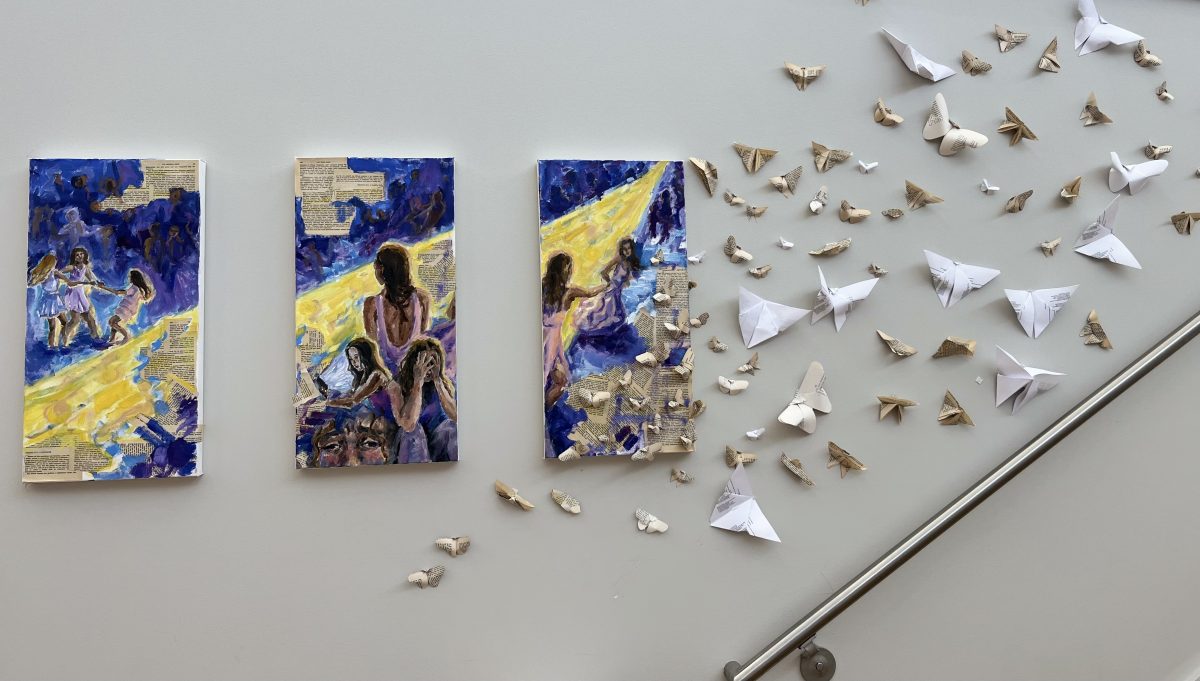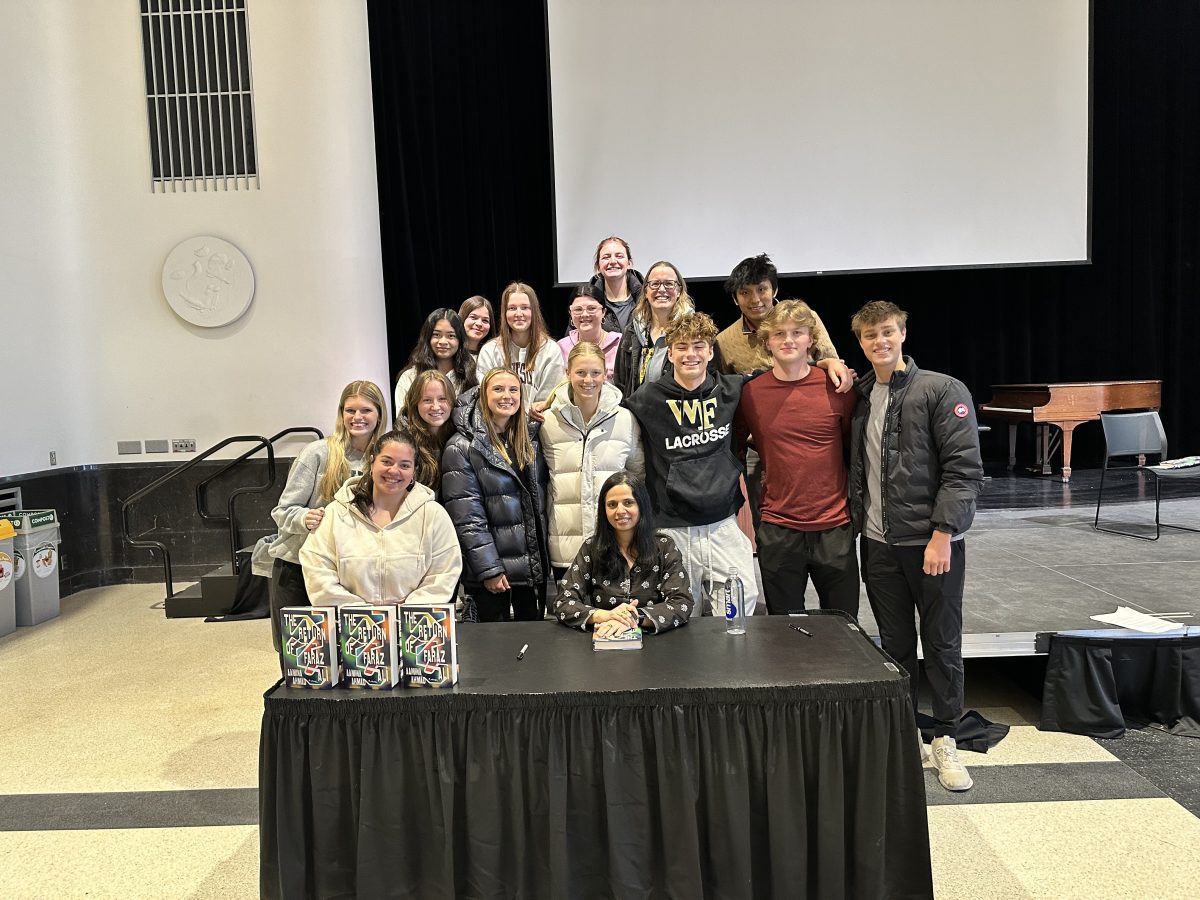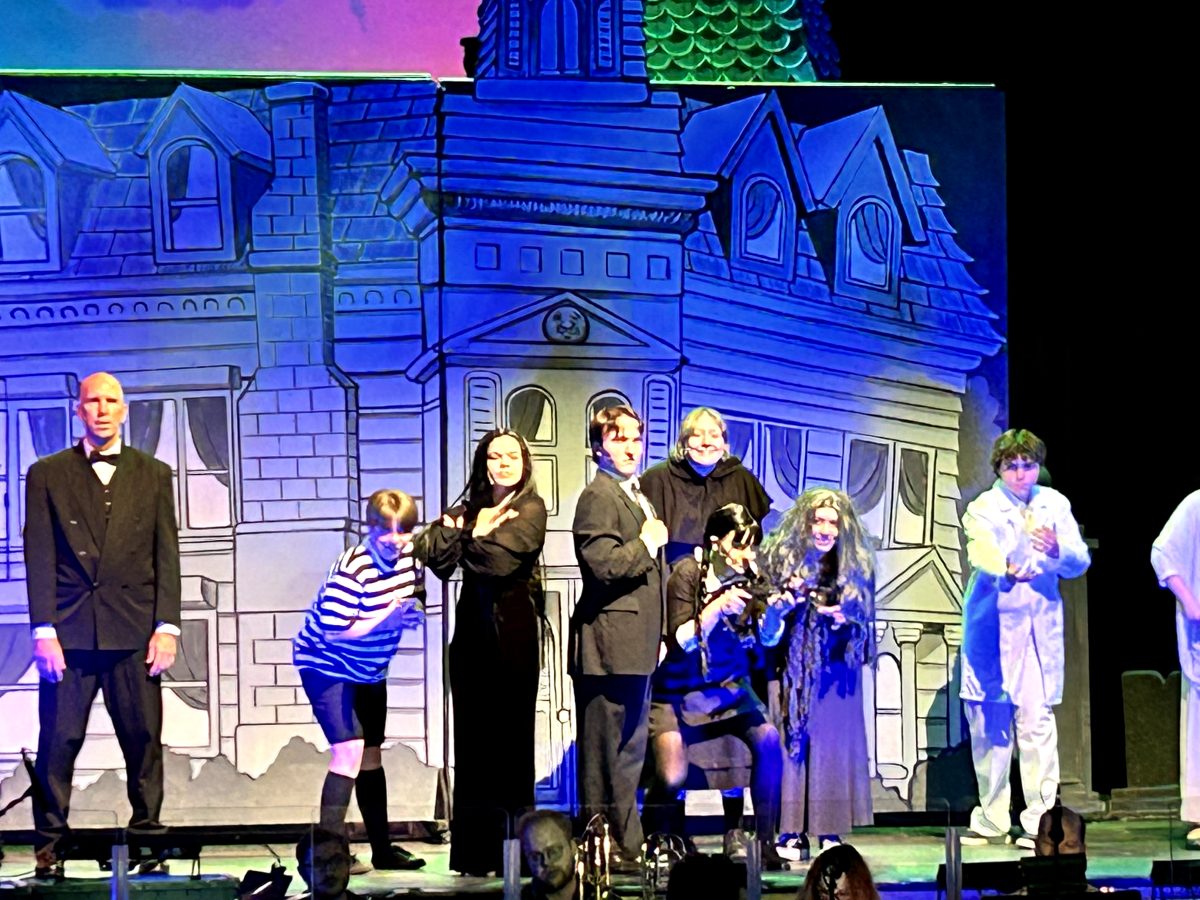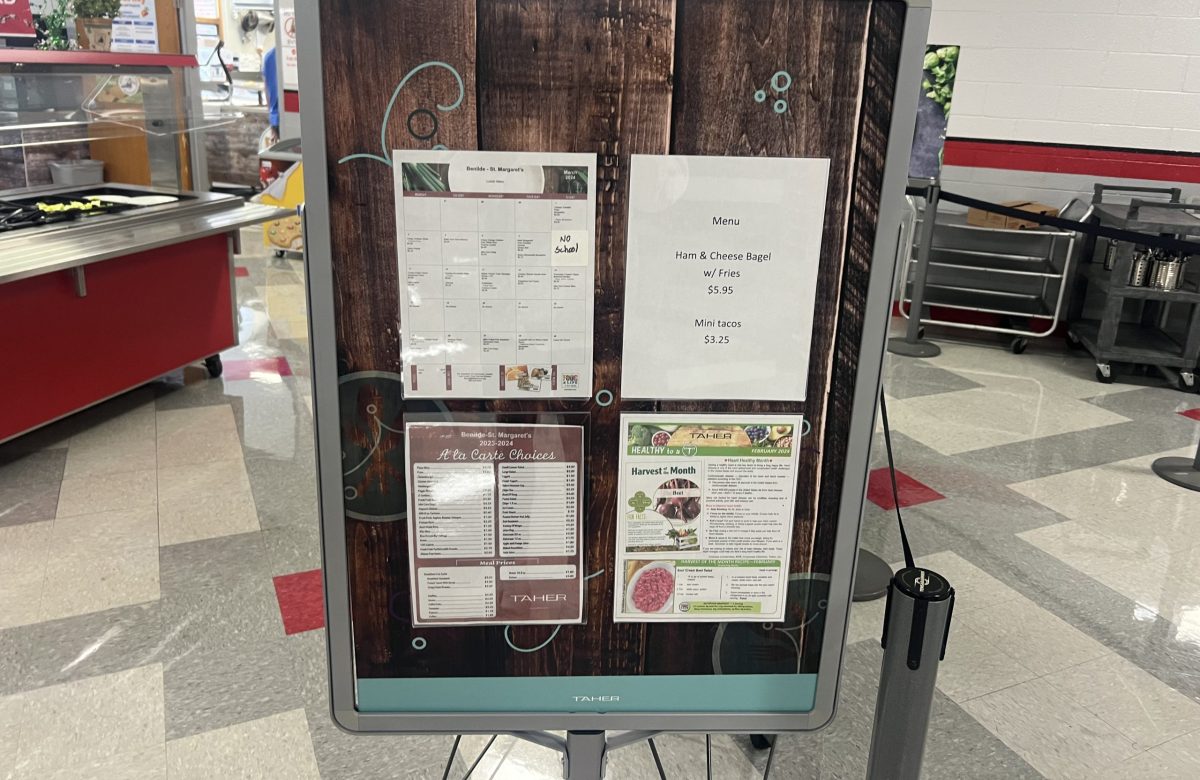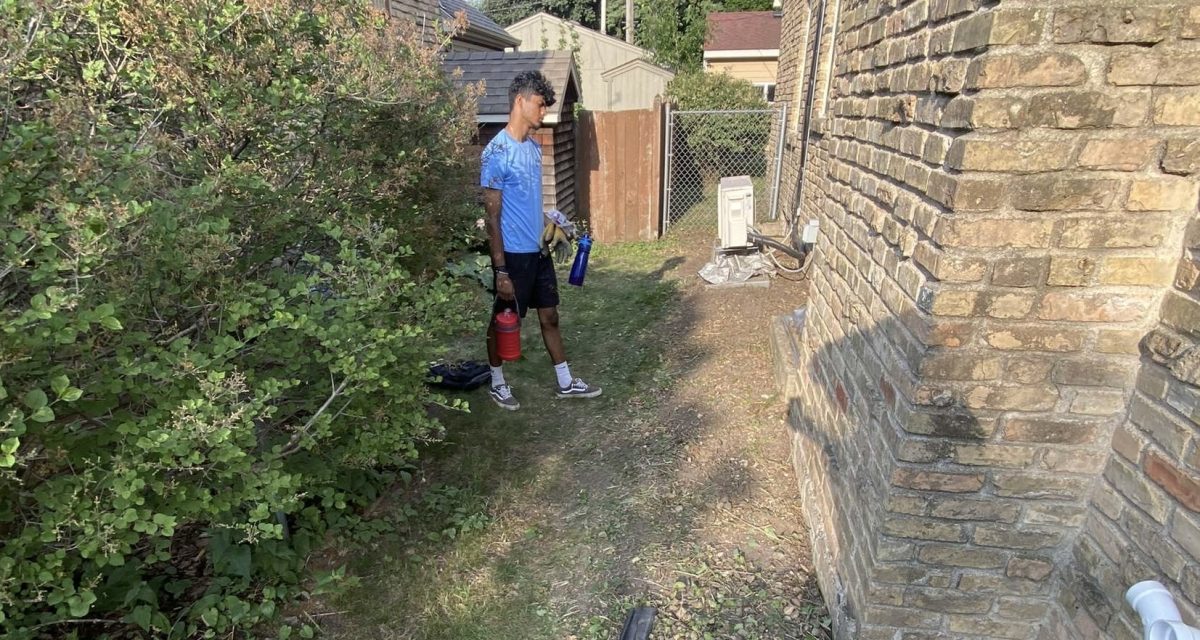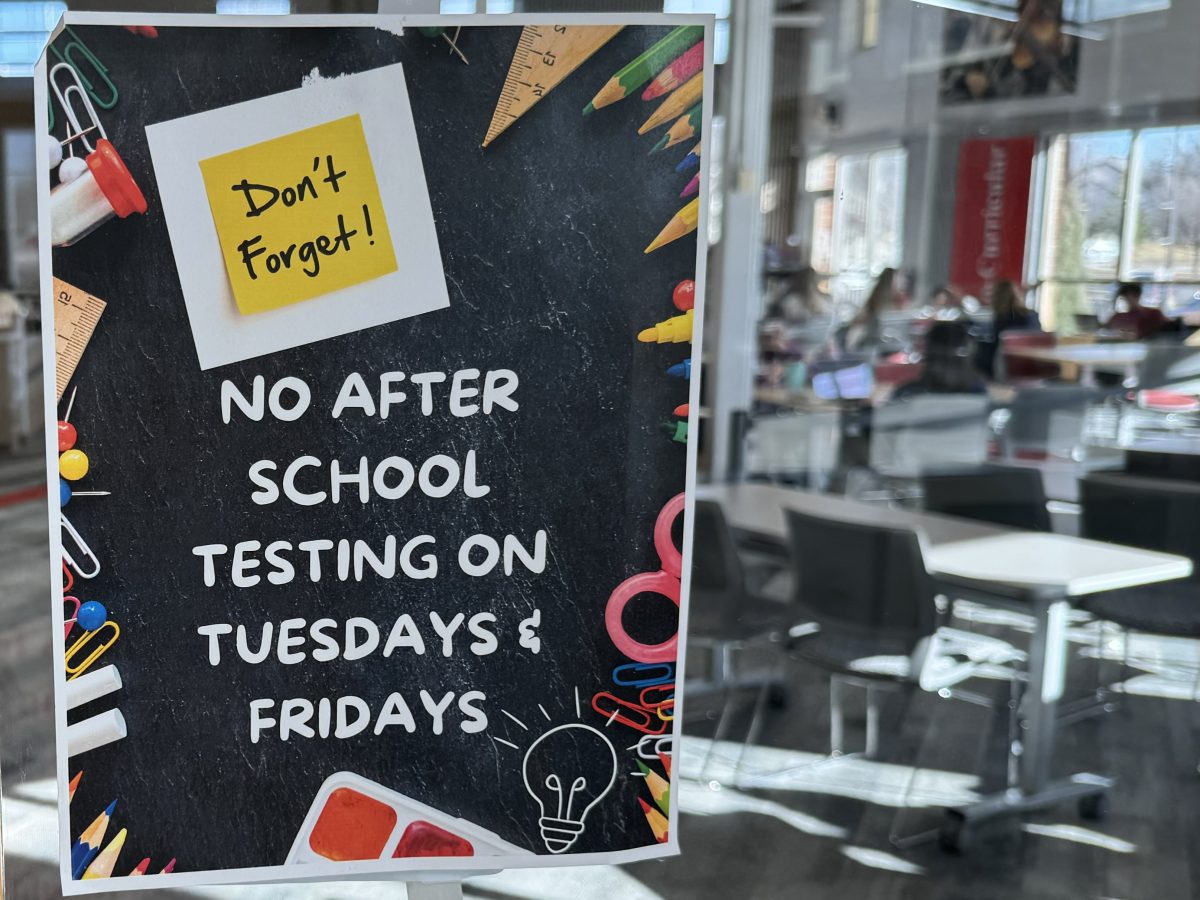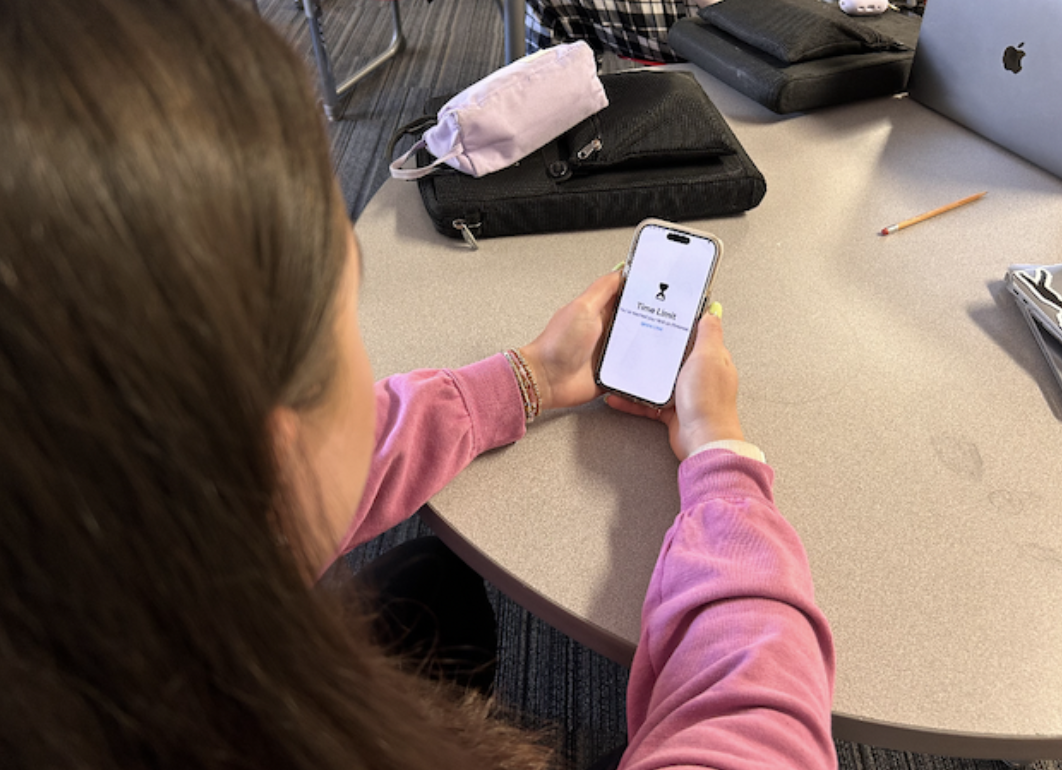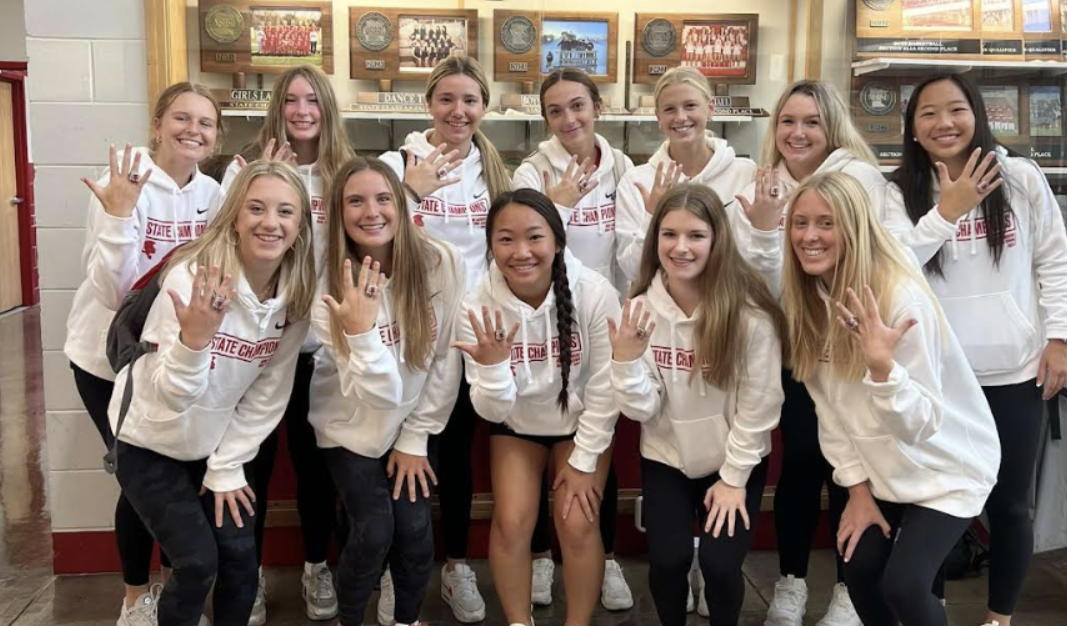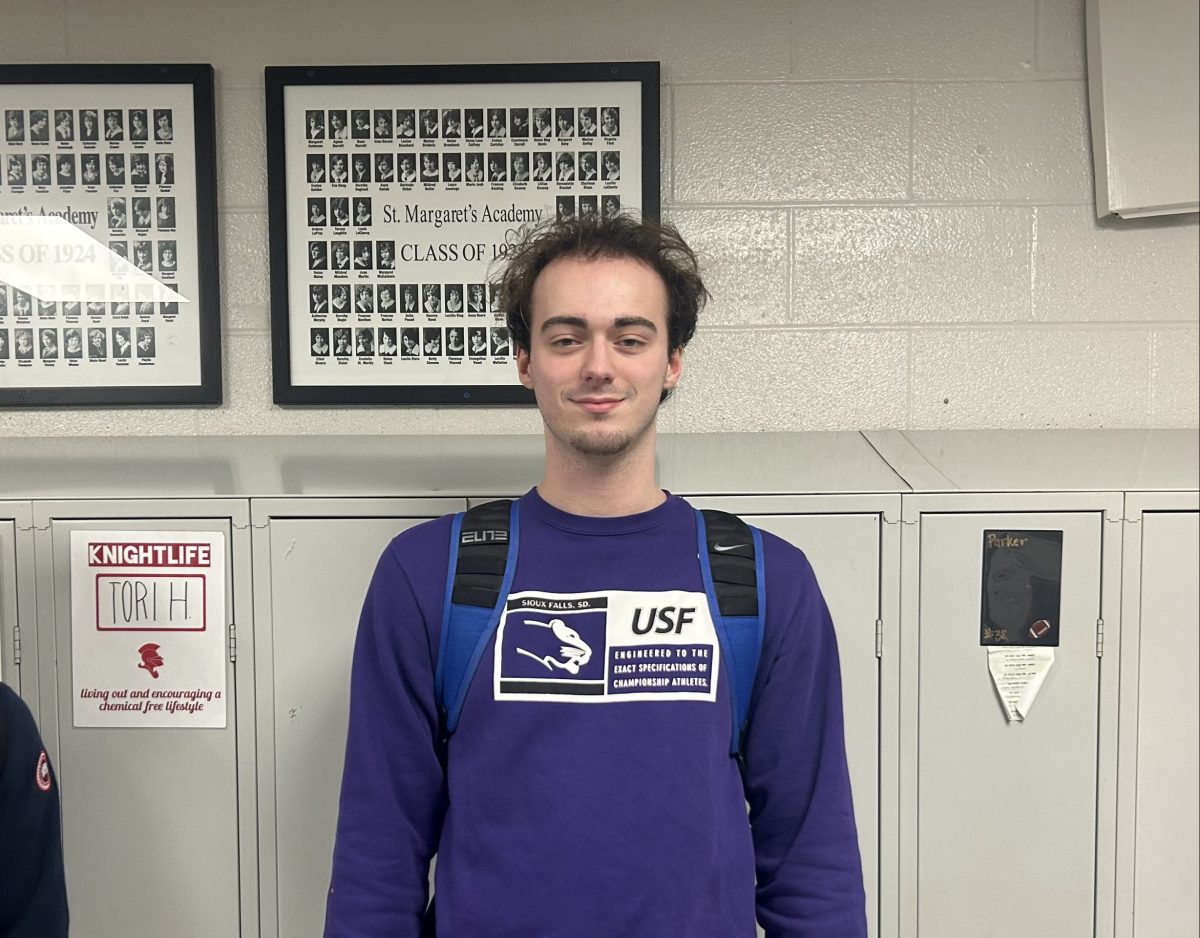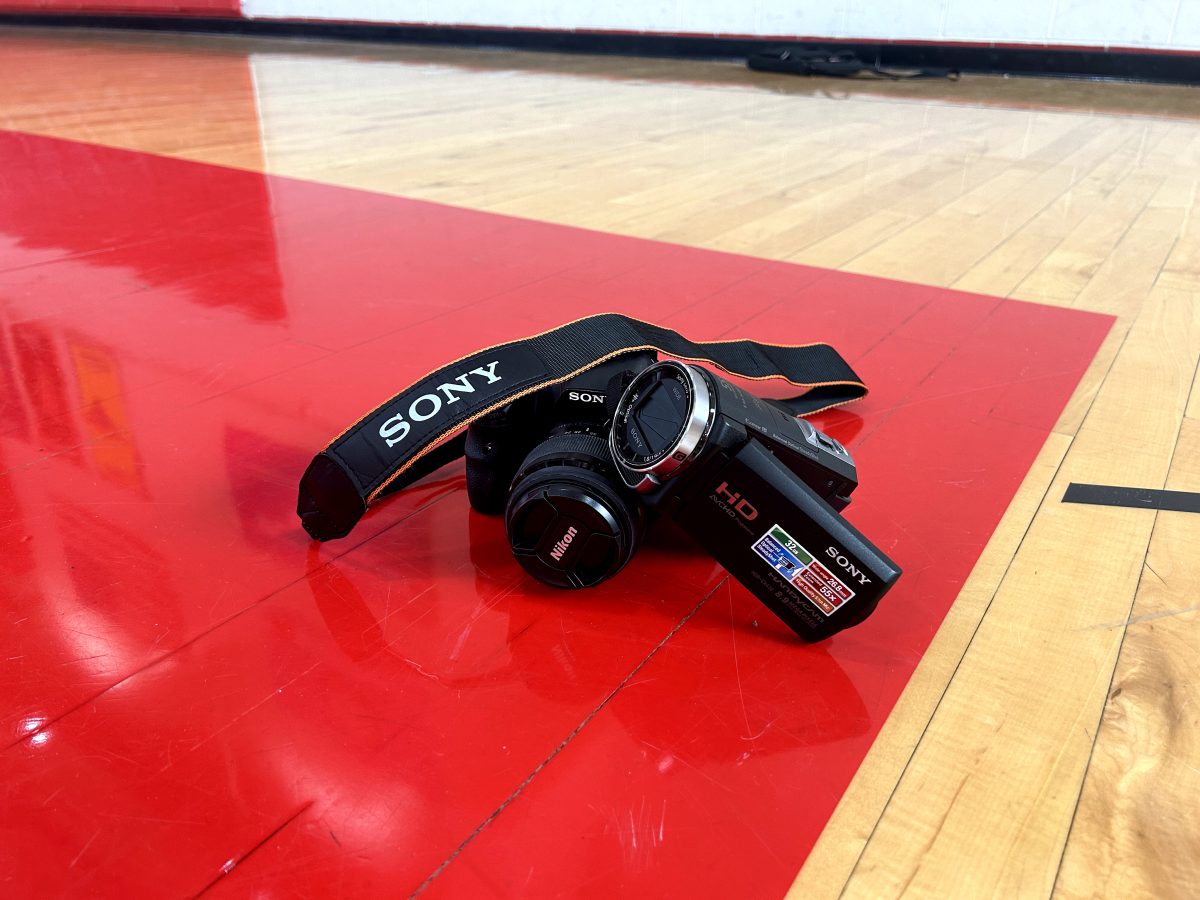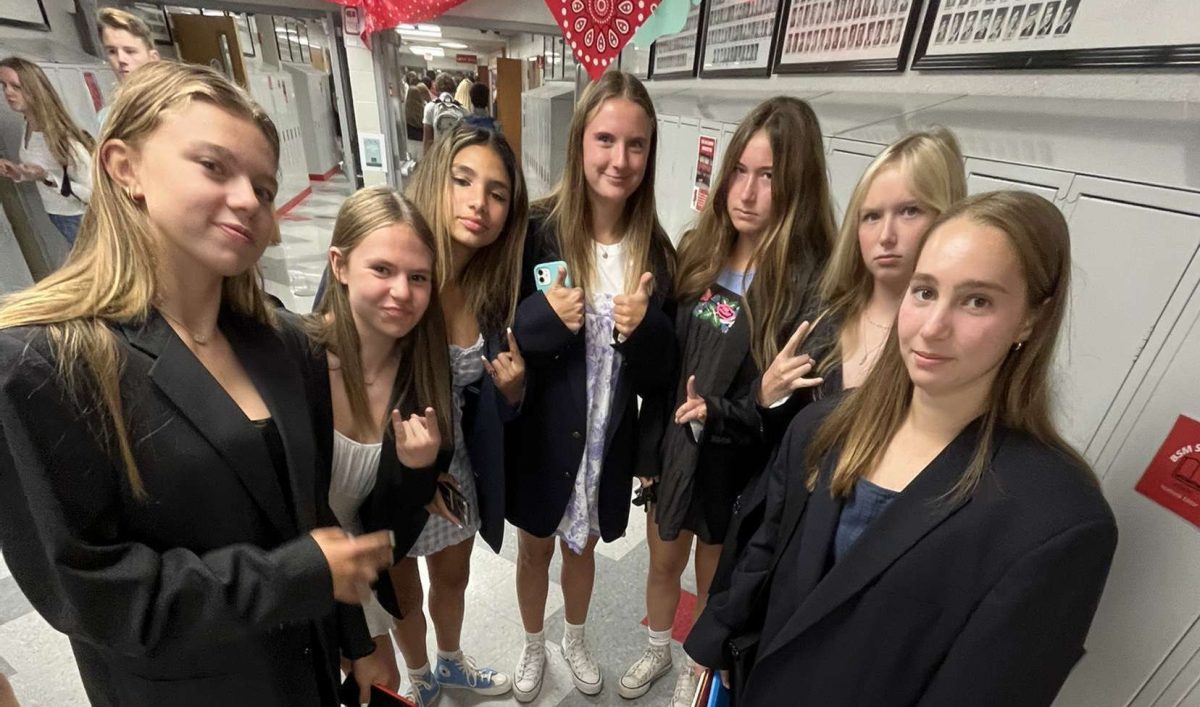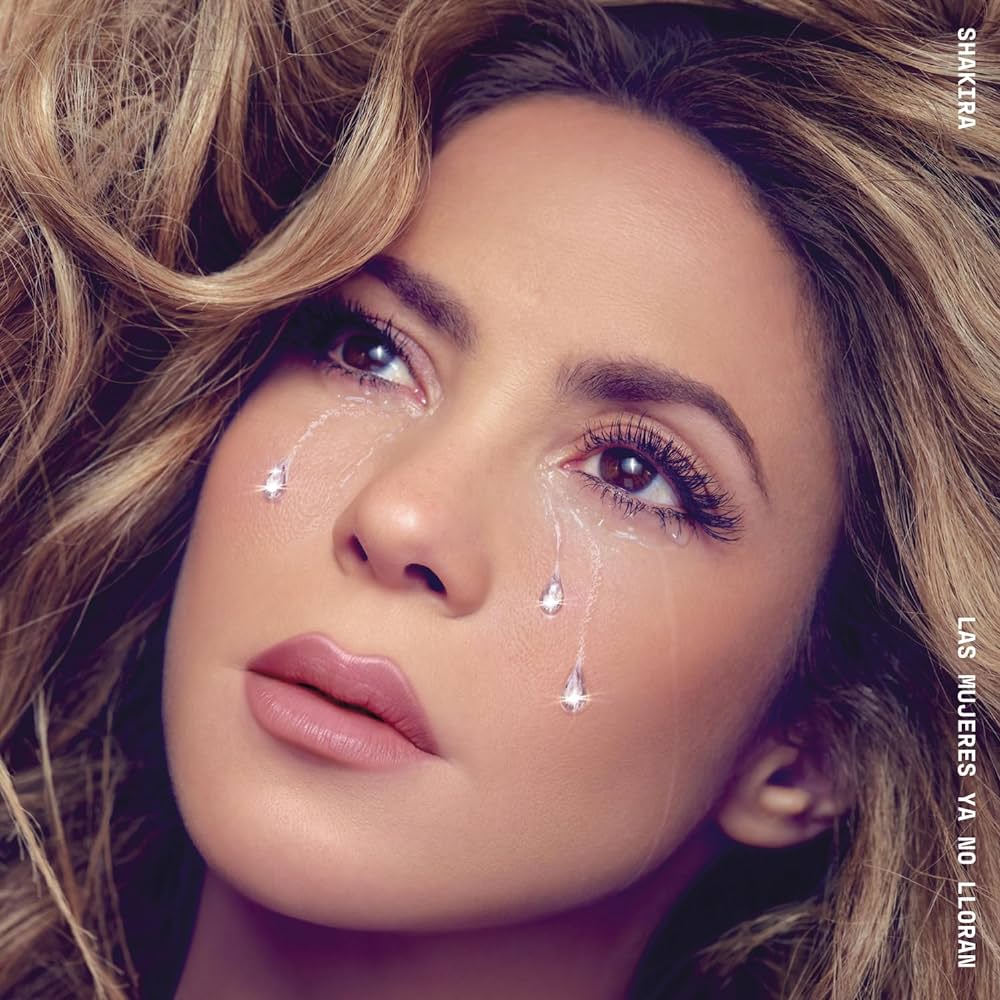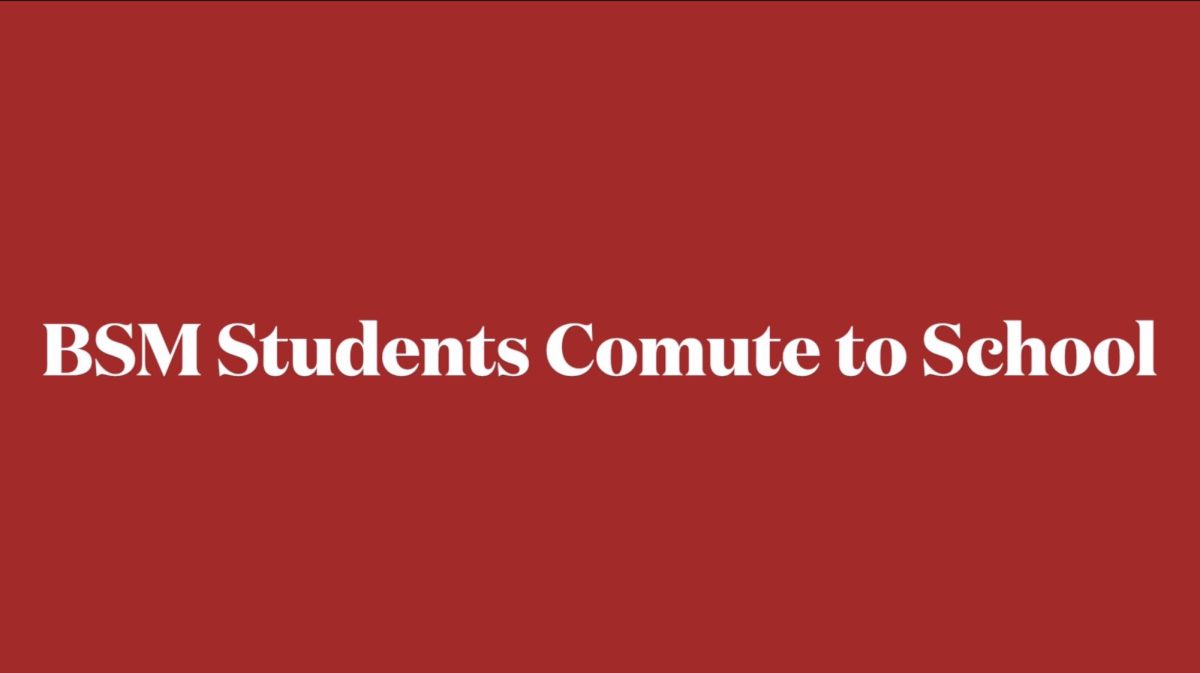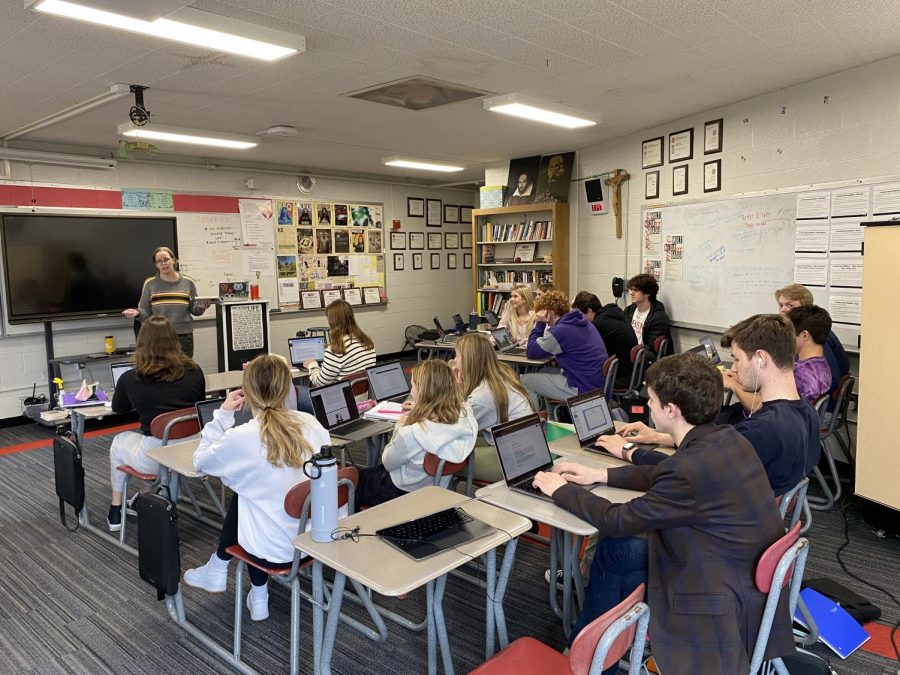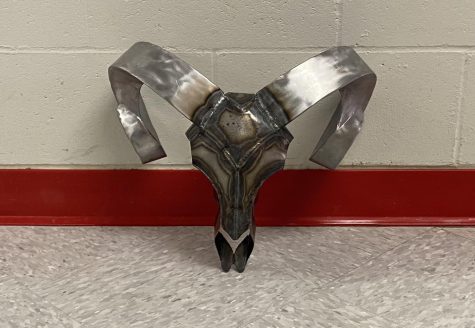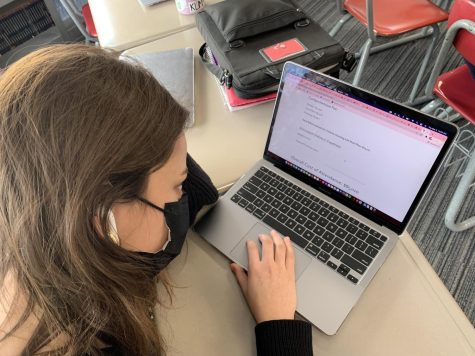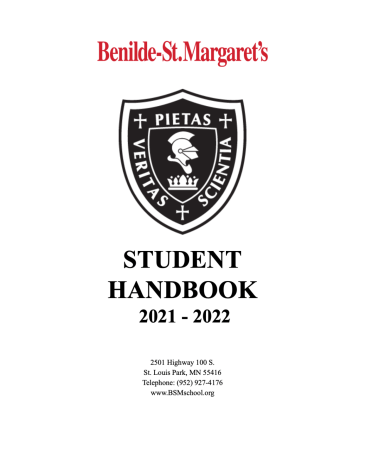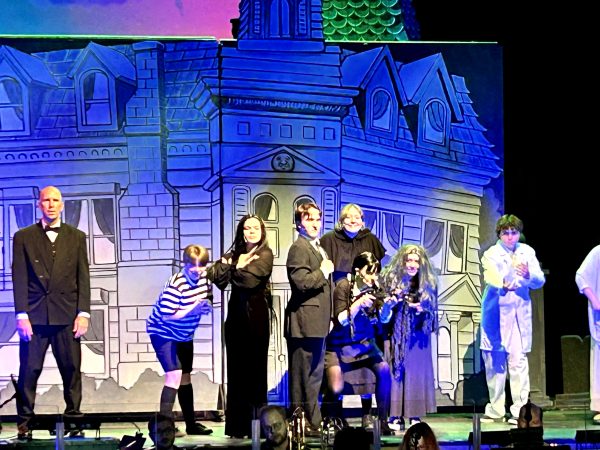BSM Introduces New CIS Program
BSM is partnering with the University of Minnesota to offer students college credit during high school.
BSM’s new College in the Schools (CIS) program seeks to provide students with an opportunity to take college-level classes at BSM. Through the program, BSM teachers are able to teach undergraduate classes from the University of Minnesota. For the 2022-23 school year, BSM is offering two CIS courses: Introduction to Literature and Creative Problem Solving. A third CIS course, Exploring the Teaching Profession, was initially offered but will not be running next year due to low interest.
Introduction to Literature
Introduction to Literature is a first-year English course at the U of M and fits well into BSM’s existing advanced English offerings (AP Language and Composition and AP English Literature). In 2022-23 it will be taught by Tiffany Joseph.
Joseph emphasizes that although the workload between Intro to Lit and AP Lit is similar, the classes diverge on writing styles. Specifically, Intro to Lit focuses on the application of various literary theories to course texts. “The writing is really different because the idea is to approach the texts from a theoretical lens … so students will be writing frequently in my class, but not all of it will be formal writing. We’re kind of writing to engage with the texts and to try to apply those lenses to the different texts,” Joseph said.
Part of the similarity between Intro to Lit and BSM’s AP offerings is in course texts. The U of M provides teachers with a list of books to choose from and teachers typically choose five to seven. “I haven’t fully chosen because I want to review some of them but I’m looking at doing some we already have here – which is Love Medicine by Louise Erdrich, Hemingway’s In Our Time, Chopin’s The Awakening – and then I’m also looking at some other books that I actually just ordered,” Joseph said.
Joseph also notes that when it comes to choosing Intro to Lit or AP Lit, personal preference is key. “I think it’s just a preference really between AP Lit and CIS. I think they accomplish the same thing but differently,” Joseph said.
Ultimately, Intro to Lit is marketed as an opportunity to students to explore college-level discourse in a high school setting. “Because it’s going to be paced and scheduled just like a college class, it’s kind of a safe way to see what [the college experience] feels like and a nice way to kind of look at the level of discourse that happens in a college level class,” Joseph said.
Creative Problem Solving
Creative Problem Solving is a first-year course that the U of M encourages students to take irrespective of their major. It fills a unique area within BSM’s Fine Art offerings through teaching creative principles that are applicable outside of a strict artistic setting. In 2022-23, it will be taught by Kelli Rahn.
Rahn emphasizes that Creative Problem Solving is a mindsets class. “It’s really about encouraging students to develop more divergent thinking, kind of going beyond your first way or thought of solving a problem, and being comfortable with that exploration of actually looking at different ways to solve problems,” Rahn said.
Creative Problem Solving features a wide range of instruction aimed at developing a variety of skills. The class includes a few course texts, but Rahn explains that most of the work is collaborative in the form of brainstorming, group projects, and class discussions. The variety in instruction is meant to make the course applicable to everyone. “It’s for writers getting into creative blocks and things like that. For scientists, for engineers, for artists – for kind of everybody – so I think the target audience is really wide,” Rahn said.
BSM has expanded creative course options in recent years, especially in the Engineering department. For example, Research, Entrepreneurship, Design (RED) facilitates independent student-led projects. Creative Problem Solving mimics this trend in that it is less of a Fine Art course than a multi-discilpinary creativity class. “Anytime that you’re going to be expected to come up with innovative ideas or solutions, these are some of the techniques that you will be able to pull from,” Rahn said.
Ultimately, Rahn sees Creative Problem Solving is a class everyone could benefit from. Despite progress at BSM, some have observed that today’s academic environment increasingly pushes students towards a rigid worldview that is not conducive to creativity. This class is designed to help students surpass these limitations and develop skills that can be applied to other subjects. “Sometimes those students [who excel in school] have a harder time just letting go and being open to the possibility of not knowing something right away,” Rahn said.
Exploring the Teaching Profession
Exploring the Teaching Profession is a course taught by the U of M that offers high-level insight into what being a teacher entails. It is the most specialized of BSM’s three CIS offerings and seeks to fill an expanding interest in profession-specific explorations. The class will not run in 2022-23 due to low enrollment but Dr. Stephen Pohlen intends to offer it again for the 2023-24 school year.
Pohlen emphasizes that Exploring the Teaching Profession is not about learning the skills necessary to become a teacher. Rather, it seeks to offer students insight into the work teachers do. “It’s more like actually getting out into schools, seeing what the environment is like, seeing what the social atmosphere is; seeing the pros and cons or challenges and benefits of going into that profession,” Pohlen said.
A major component of the class is physically experiencing life as a teacher. “There’s a pretty major component that is actually being in the schools, observing, helping, kind of being an assistant to a teacher in a school, and things like that. So I would say 30% of it is that and then the remainder of it is reflection, discussions, sort of processing and understanding how you feel about what you saw in those experiences.” Pohlen said.
BSM has worked to expand internship and exploration opportunities through the Explore, Partner, Inspire, Connect (EPIC) professional partnership program. Exploring the Teaching Profession builds off this progress by offering a unique opportunity for students to explore an interest area while earning credit. “When I saw this program, it’s a built-in way for somebody to explore a career and get credit for it in college. That’s a huge win to actually have a transcript that you have credit from college directly,” Pohlen said.
Ultimately, Pohlen notes that Exploring the Teaching Profession is valuable even for people who do not want to become teachers. “This would give [students] an opportunity to see what that feels like to be in public service even if what they ultimately end up doing is they run a nonprofit or they do something totally different,” Pohlen said.


